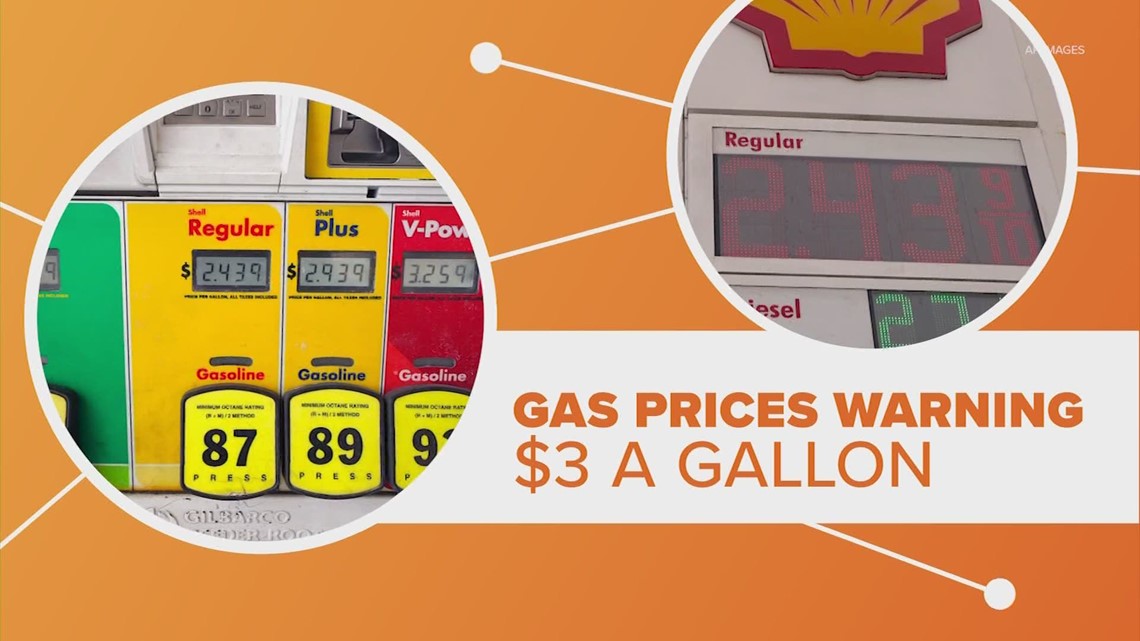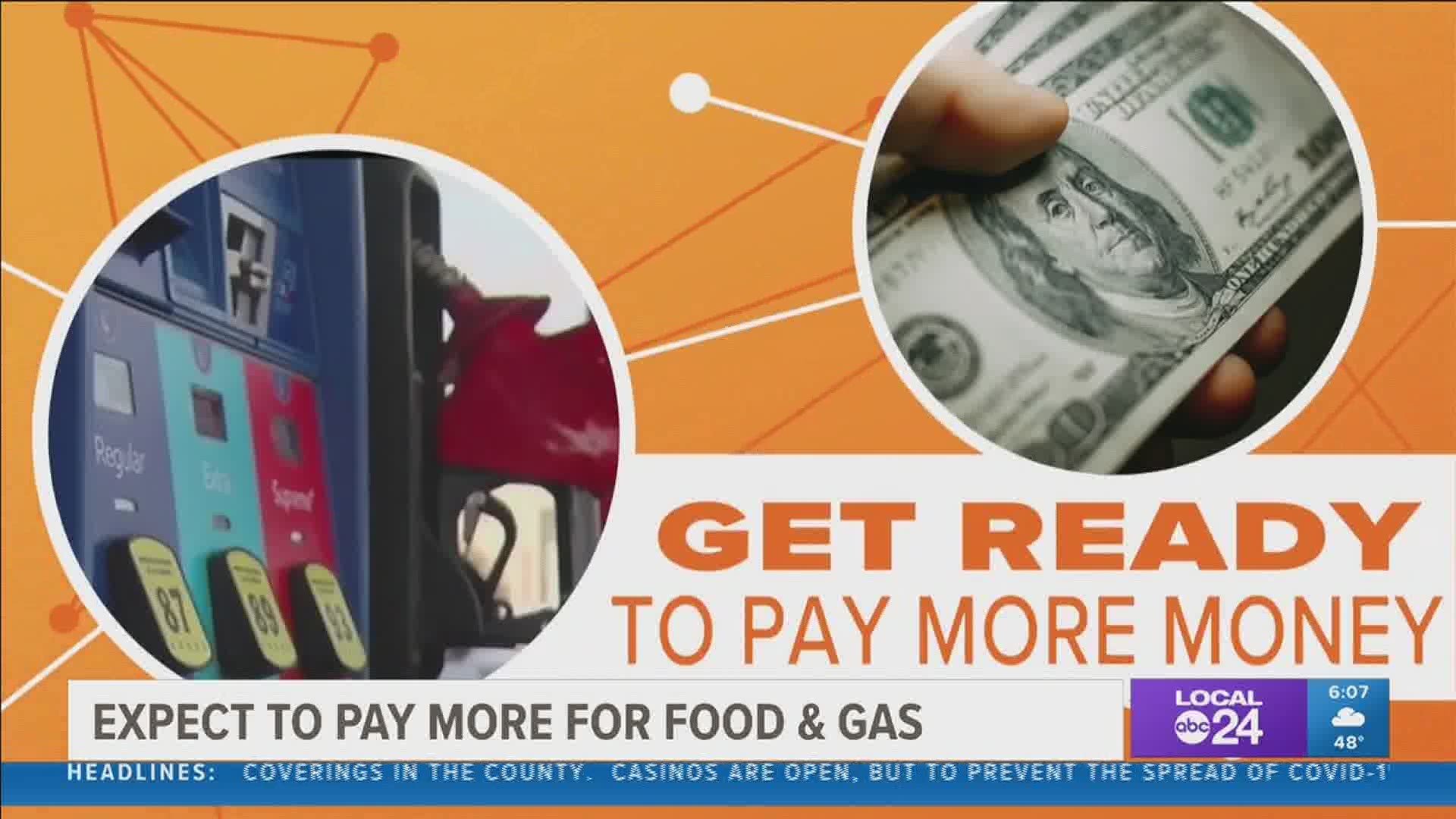MEMPHIS, Tenn — Prices are on the rise at grocery stores and experts say there's no end in sight to the spike.
Experts say there are several reasons why things are going to get worse.
So why are we paying more?
One major reason: gas prices.
After February's severe winter weather that brought snow, ice, and Arctic air to much of the south, Texas refineries, the country's largest, were forced to shut down.
What does that mean for you? It will cost you more to ship goods, and those costs will be passed down to you at the store.


RELATED: VERIFY: Is recent spike in gas prices caused by President Biden canceling Keystone XL Pipeline?
The national average for a gallon of gas is about $2.75 a gallon, according to gasbuddy.com. That's about 30 cents higher than a month ago.
Mid-south fuel prices are up locally. Regular, unleaded is about $2.58 per gallon. That's 34 cents higher than last month.
Nearly a year into the coronavirus pandemic, it is still affecting demand and what we pay at the grocery store.
Experts say supply-chain issues, shopper-capacity limits in stores, and more people grabbing take-out and eating their meals at home are having an effect.
The government estimates a six to nine-percent increase this year in soybean prices, commonly found in many plant-based meat substitutes, and a 5% to 8% percent increase in wheat prices.
You will also pay more at the drive-thru. Prices are up more than 6% in the last year, compared to about 3% at traditional restaurants.
With the rise in costs for food, there's also a rise in the number of people who need help.
Food banks report an "unprecedented number" of families coming through their doors.


